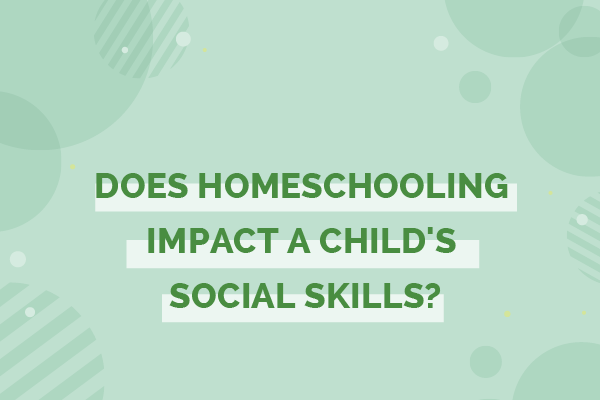Home Schooling and Its Effect on Social Skills
May 17, 2023
This paper disusses the effects of home schooling on the development of social skills in children. Home schooling gives parents the right and responsibility to provide an education to their children without enrolling them in a traditional school setting. While some parents worry that this may lead to problems with socialization, research shows that home-schooled students have just as many opportunities to develop strong relationships with peers and adults as do traditionally-educated students.
The first issue addressed is how home schooling affects peer relationships. Studies suggest that when done correctly, home schooling does not hinder one’s ability to interact positively with peers. In fact, there is evidence that suggests home-schooled children often enjoy greater freedom for creative problem solving and collaborative work than their traditionally-educated counterparts. This allows them to develop the skills necessary for successful social interactions.

The second issue discussed is the impact of home schooling on adult relationships. Home-schooled students have fewer opportunities to interact with adults outside of their families. However, research shows that when given appropriate guidance and resources, home-schooled children can still form strong relationships with mentors, coaches, and other adults in the community. This can help them gain a sense of independence and better prepare them for life after graduation.
Finally, this paper looks at how home schooling affects socialization and self-esteem in children. Studies suggest that when done correctly, home schooling does not lead to difficulties in socialization or mental health issues such as low self-esteem. In fact, some research suggests that home-schooled students may even have higher levels of self-esteem than their traditionally-educated peers.
